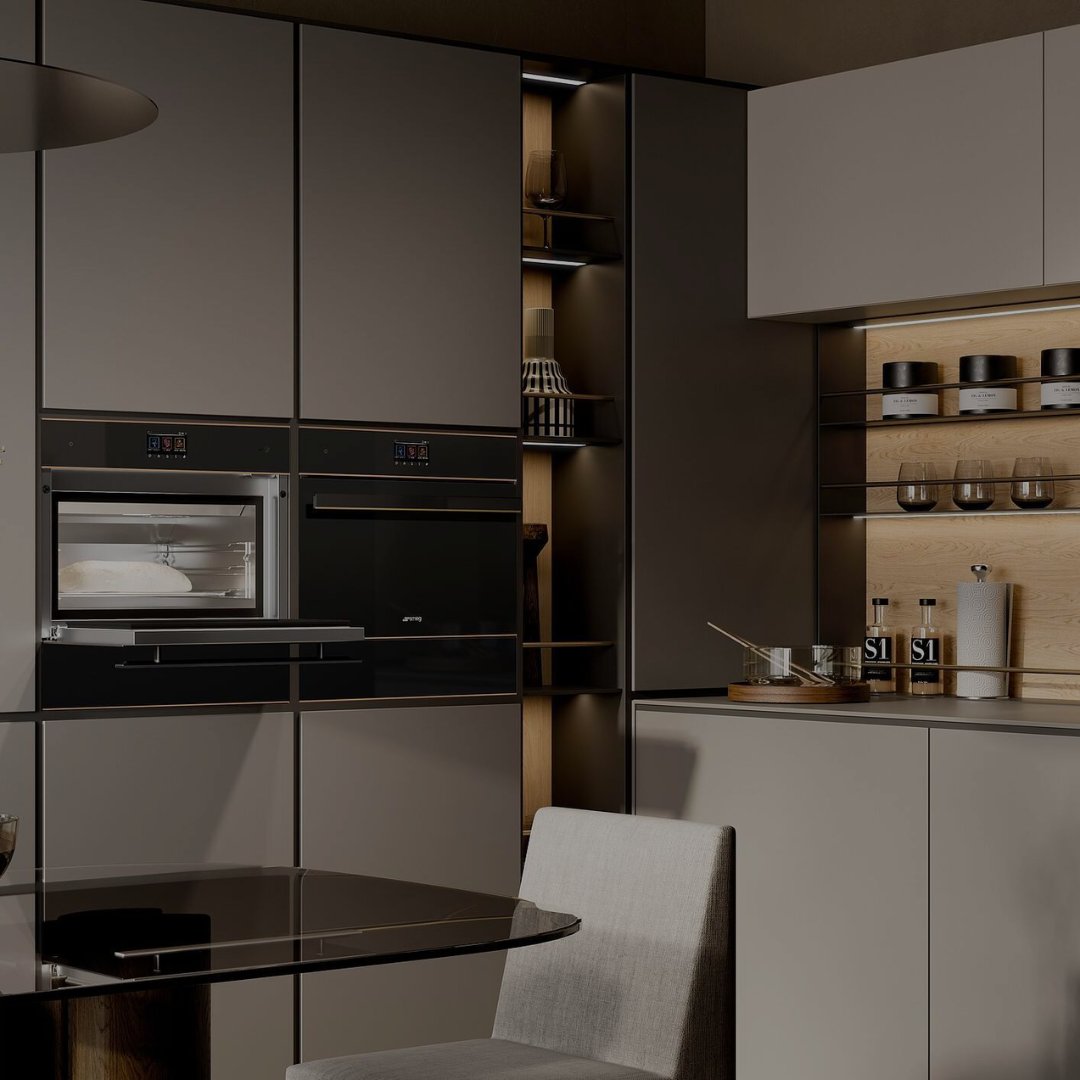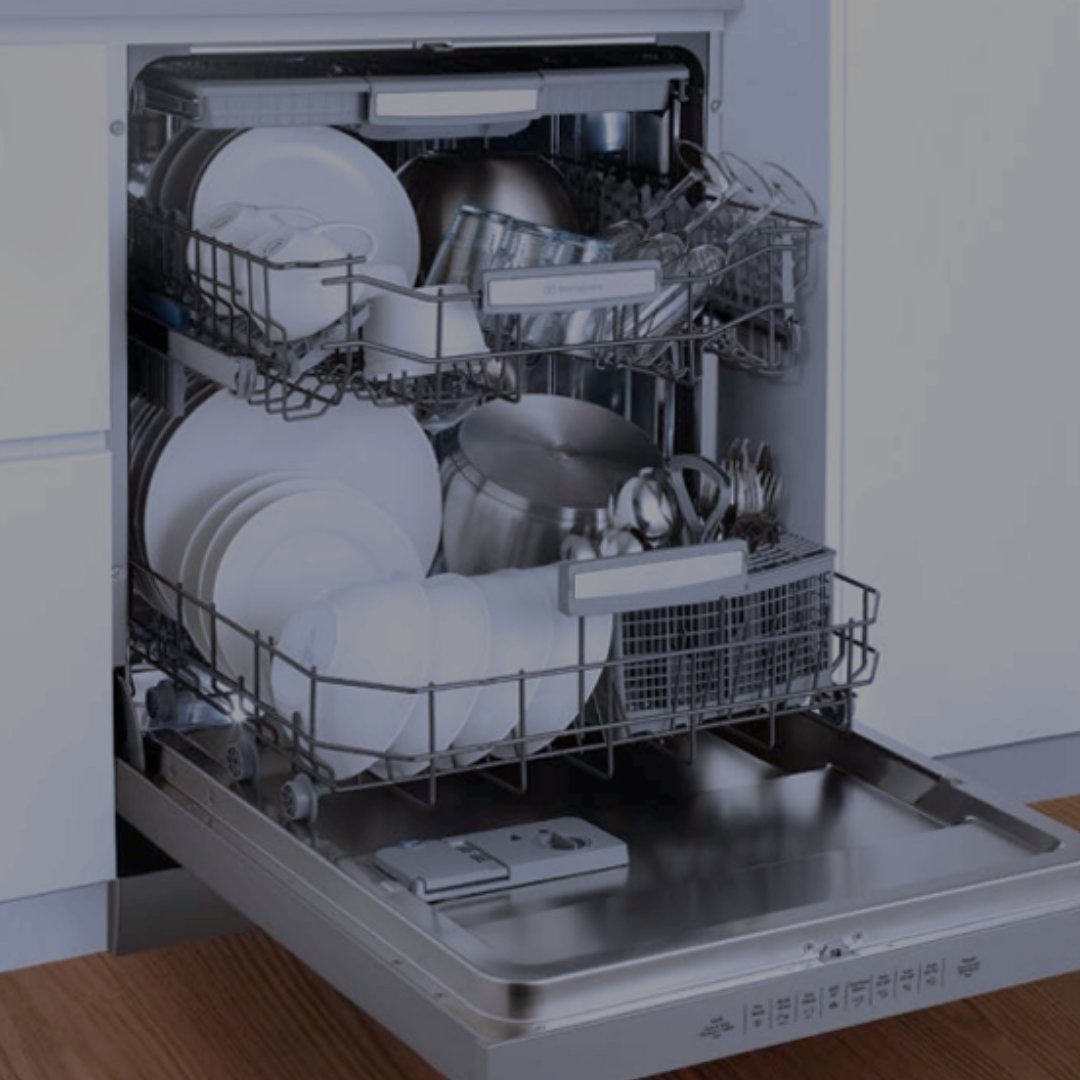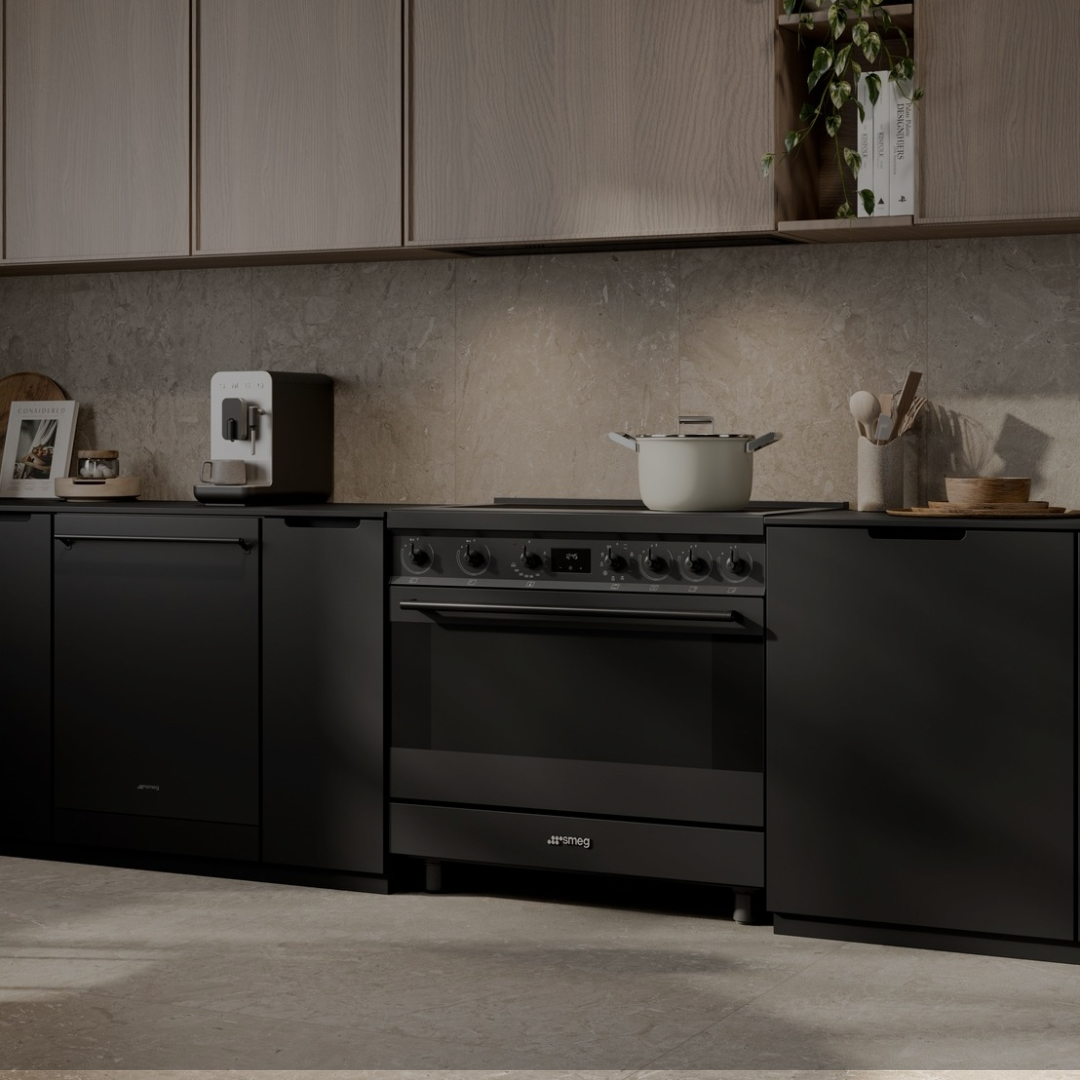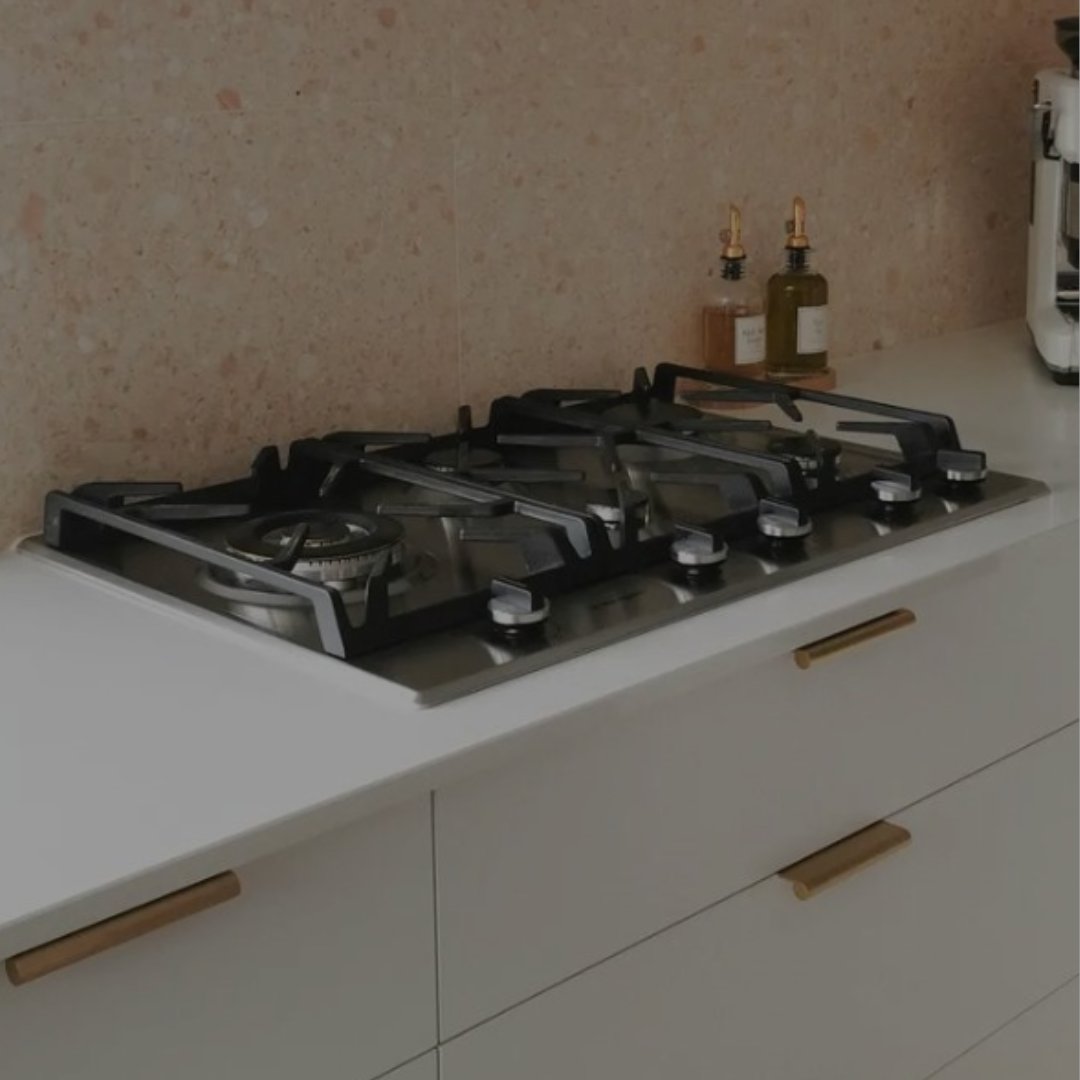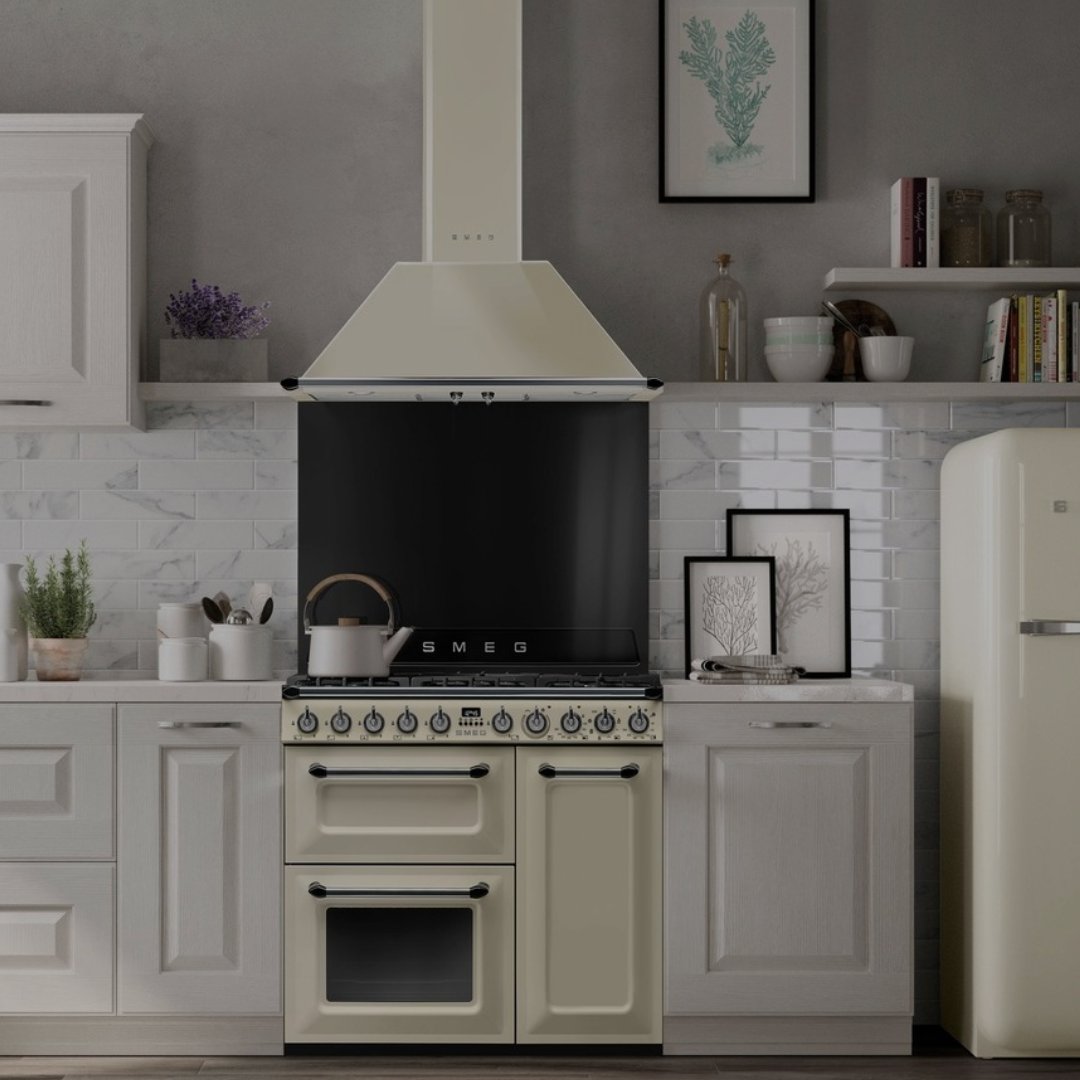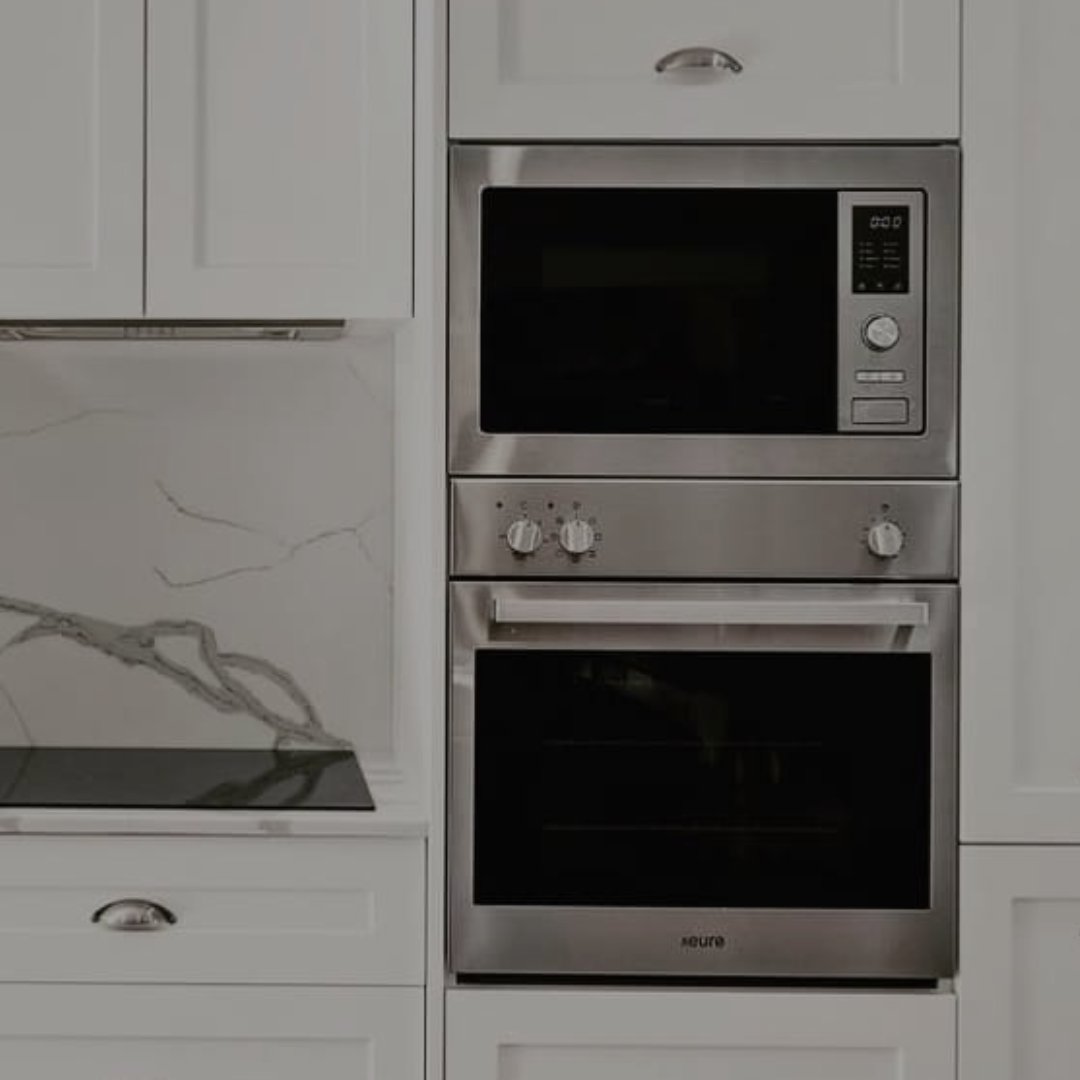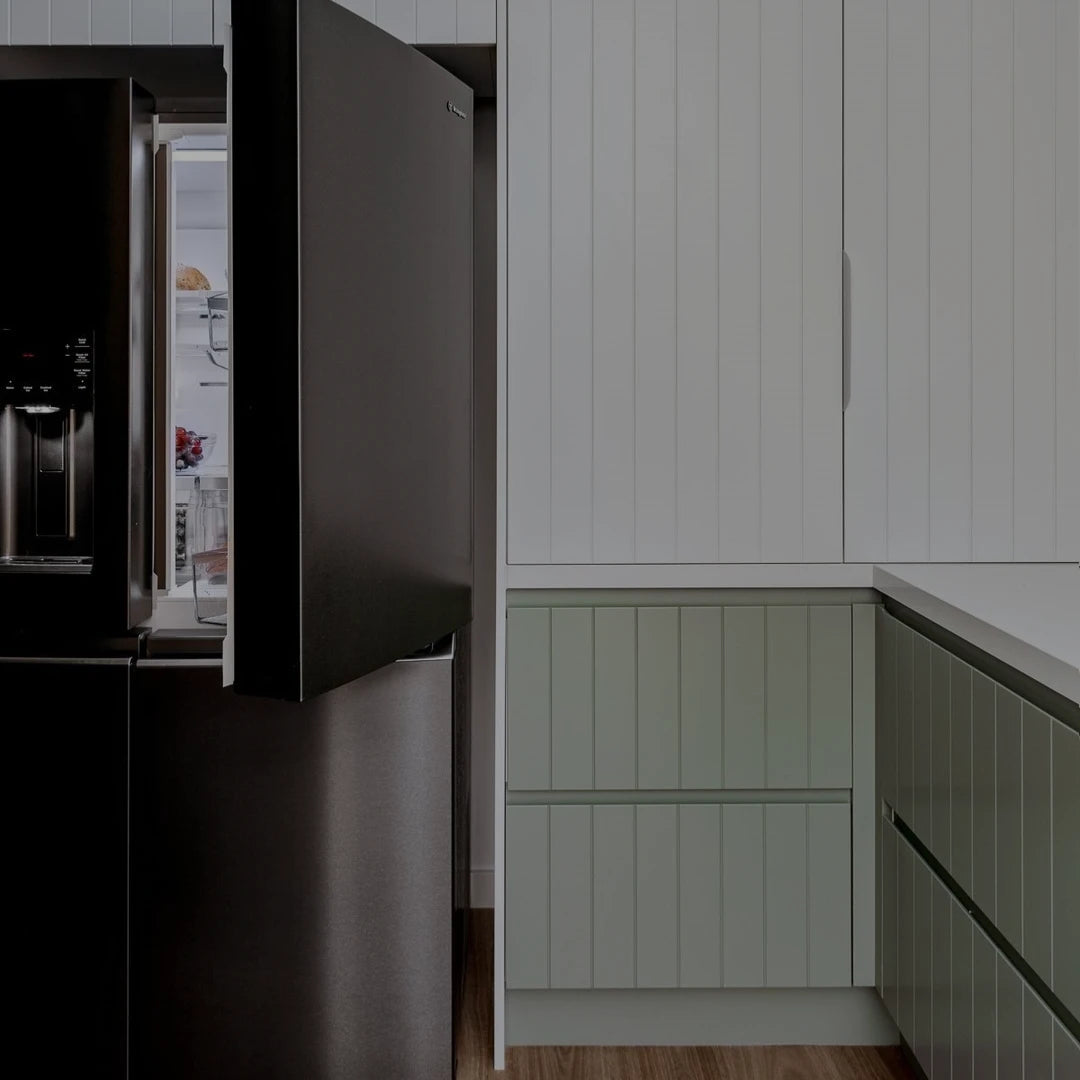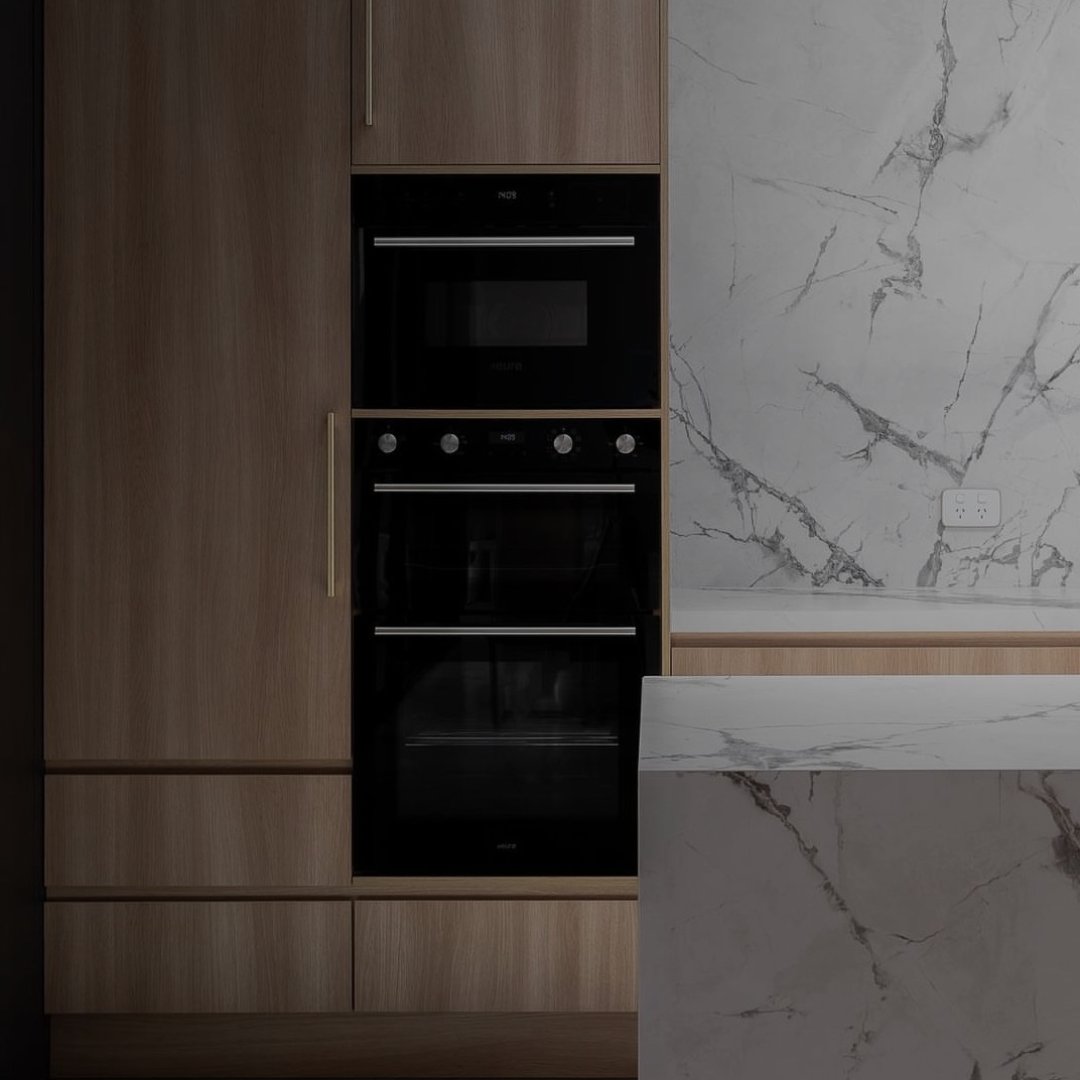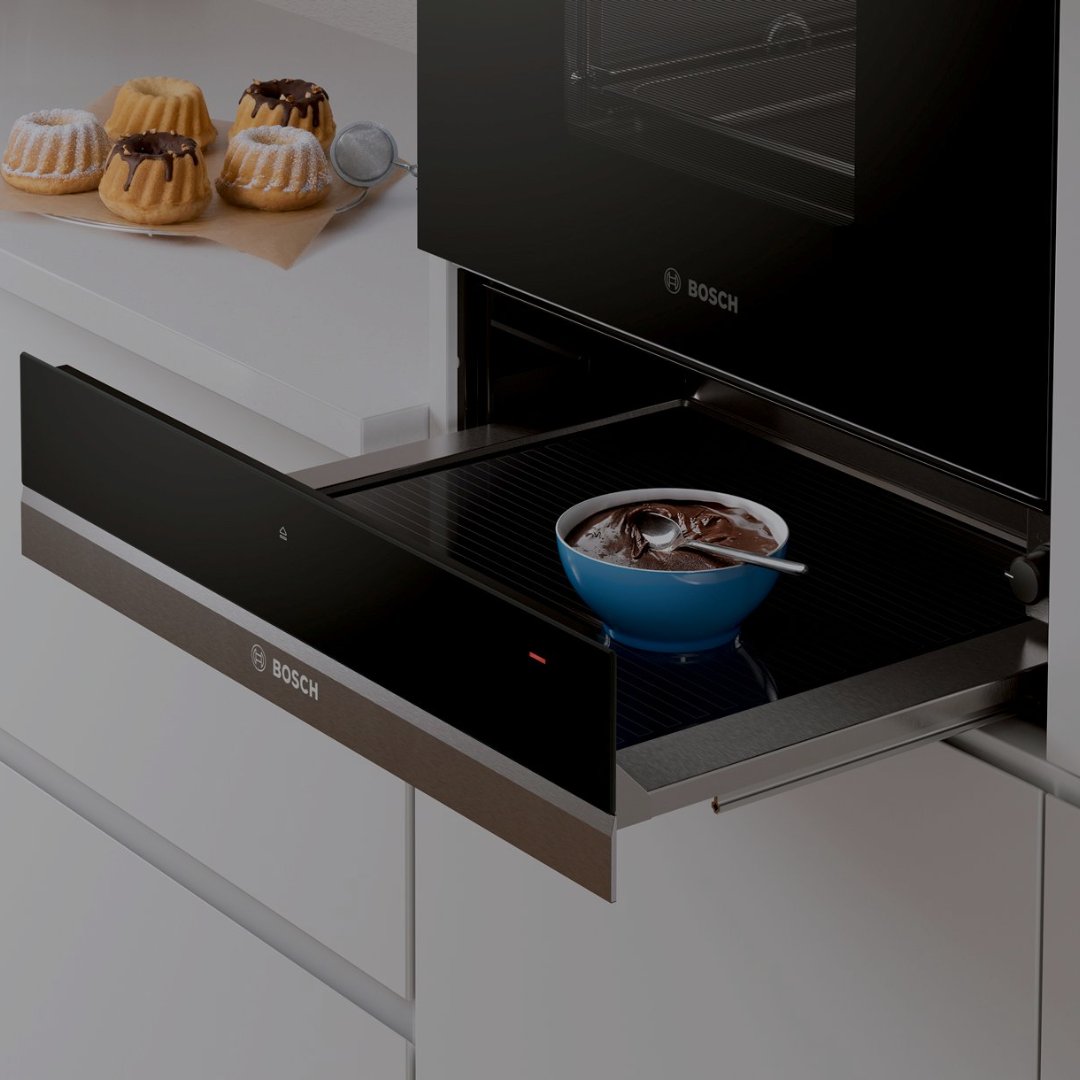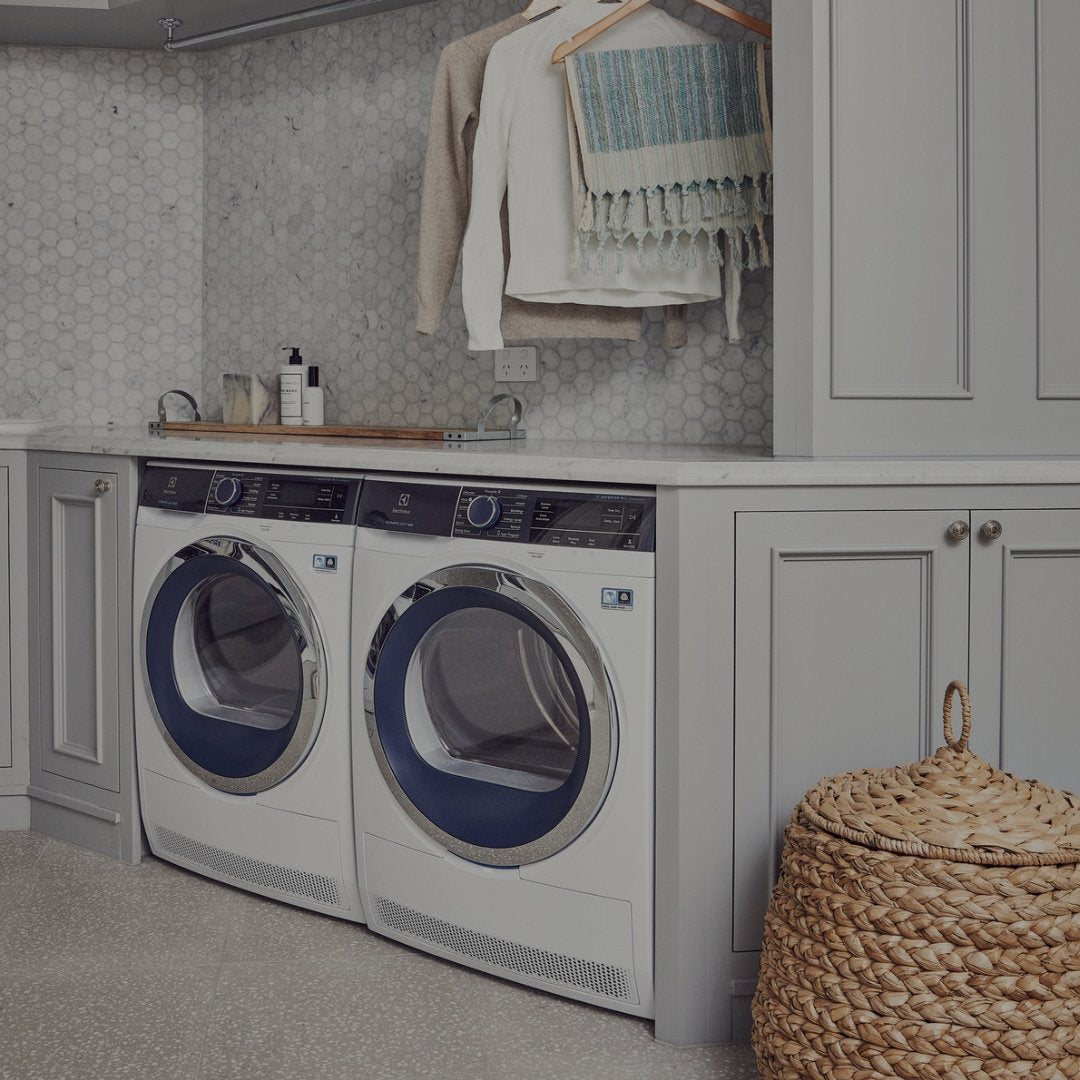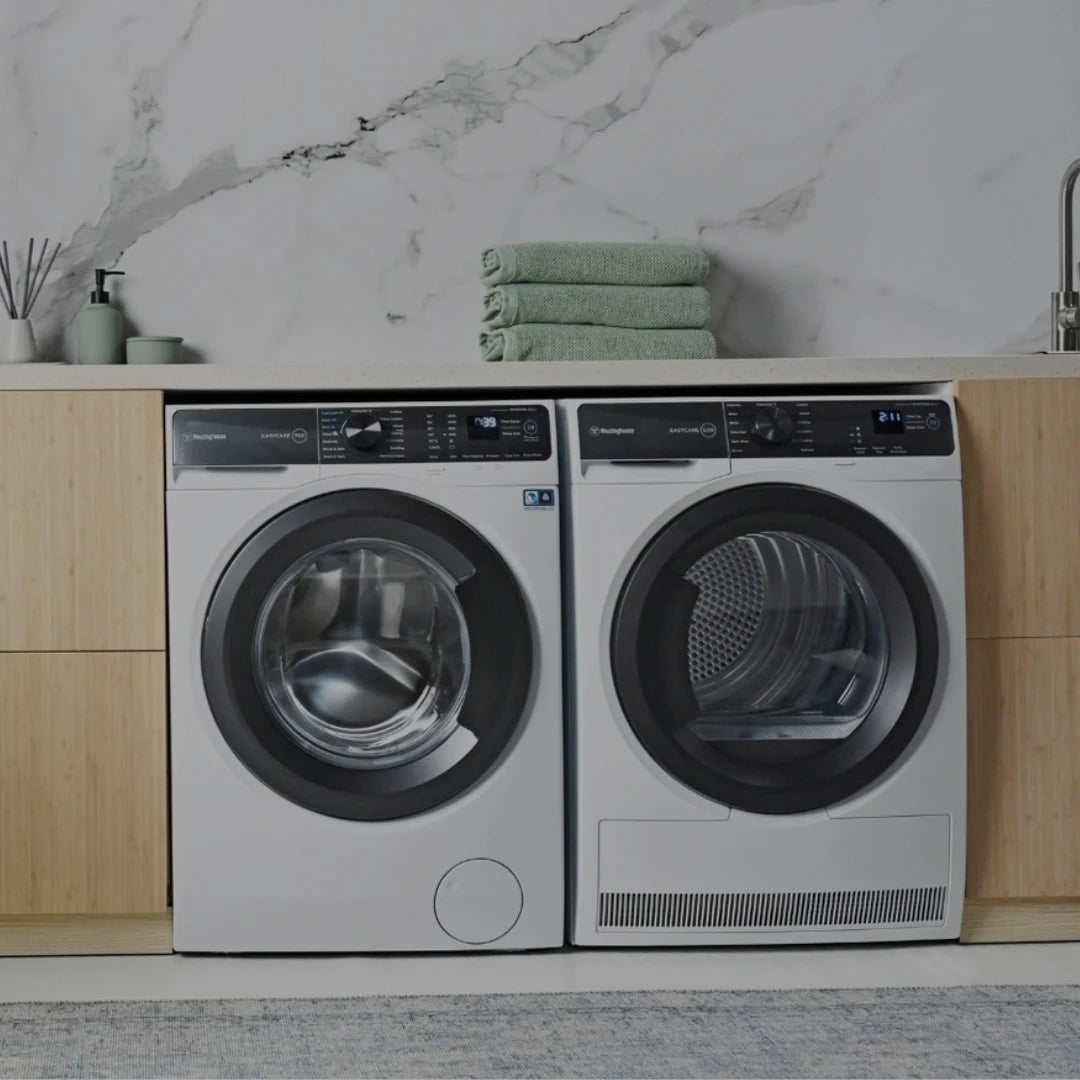Smart Ways to Reduce Your Electricity Bill with Home Appliances
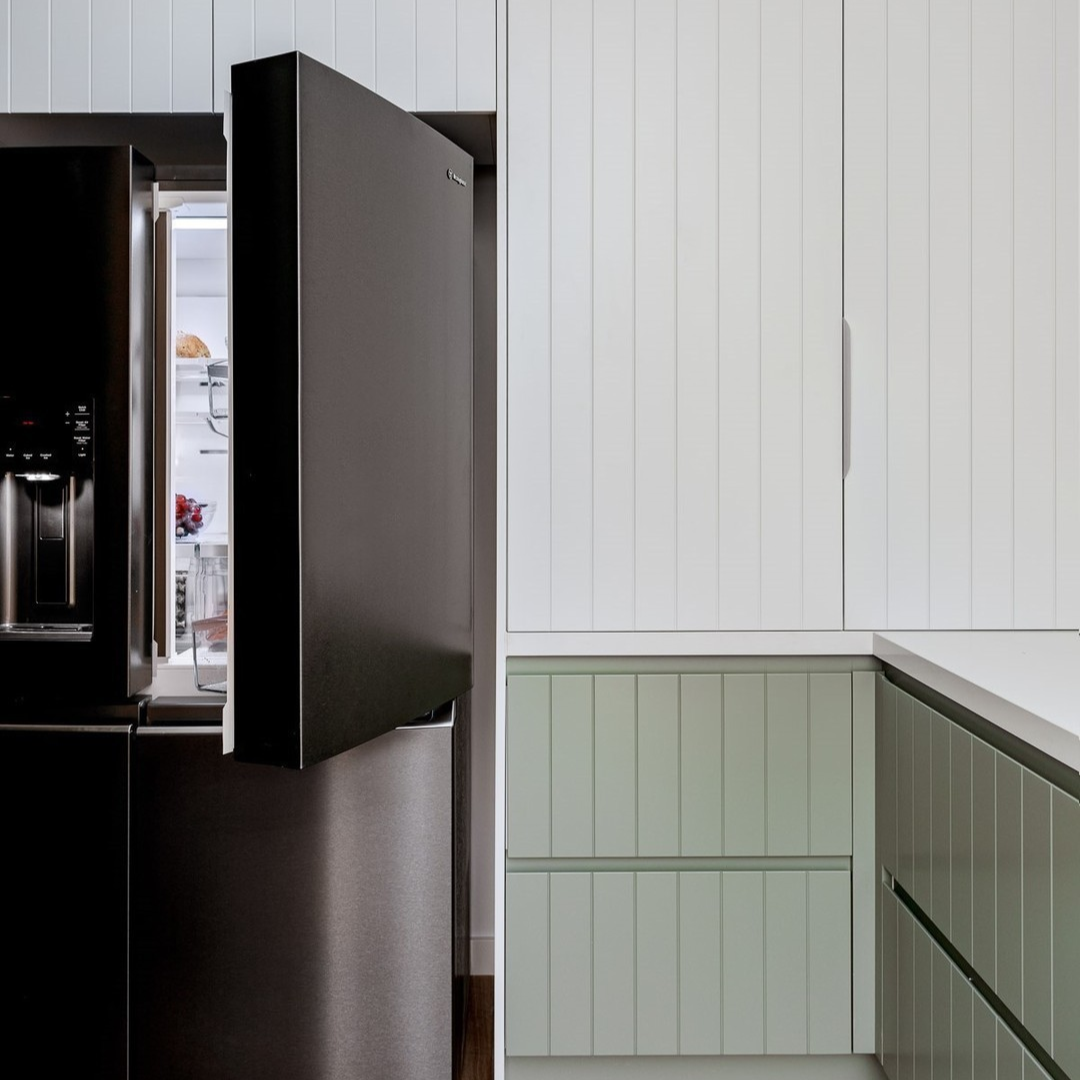
Electricity bills in Australia can be daunting, especially when you’re trying to manage your household expenses. The good news? You can significantly lower your electricity costs by making smarter choices with your home appliances. Whether you're a homeowner, an eco-conscious consumer, or a landlord looking for ways to reduce utility costs, this guide is packed with practical tips to help you save.
Understanding the Cost of Electricity in Australia
Australia is known for its high electricity rates, which can take a toll on your monthly budget. Understanding how much you're paying per kilowatt-hour (kWh) can help you make informed decisions about appliance usage. On average, Australians pay around 30 cents per kWh, but this can vary depending on your state and provider.
Knowing these costs can motivate you to use energy more efficiently. By tweaking how and when you use your appliances, you can make a noticeable dent in your electricity bill.
Why Timing Matters for Appliance Usage
One of the simplest ways to save on electricity is to use appliances during off-peak hours. Many energy providers charge less for electricity used during these times, usually late at night or early in the morning.
- Dishwasher - Running your dishwasher late at night can save you money. Most modern dishwashers have a timer function, allowing you to set it to wash your dishes during off-peak hours automatically.
- Oven and Cooktop - Cooking dinner a bit earlier or later can also contribute to savings. Preparing meals during off-peak hours can significantly affect your overall energy consumption.
- Rangehood - While it may seem insignificant, using your rangehood during off-peak times can add up. It's all about consistency and making these small adjustments in your daily routine.
Investing in Energy-Efficient Appliances
Energy-efficient appliances are designed to use less electricity without sacrificing performance. When shopping for new home appliances, look for those with high energy star ratings.
- Fridge - Modern refrigerators are much more efficient than older models. Consider upgrading if your fridge is over ten years old. Look for models that consume less power but maintain optimal cooling.
- Microwave - Microwaves are generally efficient, but newer models come with eco-mode features that save even more energy. Using a microwave for cooking rather than an oven can also reduce energy consumption.
- Dishwasher - Today’s dishwashers are built to consume less water and energy. Opt for a high energy star-rated model and always run full loads to maximize efficiency.
Regular Maintenance Can Save You Money
Keeping your appliances in good working order ensures they run efficiently, which can lead to energy savings. This includes cleaning filters, defrosting freezers, and checking seals on your fridge and oven doors.
- Fridge - Clean the coils and ensure the door seals are tight. A well-maintained fridge runs more efficiently and uses less power.
- Oven - Regularly clean your oven to ensure it heats evenly. An oven caked with grease and grime has to work harder to reach the desired temperature, consuming more energy.
- Dishwasher - Clean the filters and spray arms regularly. A cleaner dishwasher works more efficiently, reducing energy and water usage.
Using Appliances Wisely
Being smart about how you use your appliances can have a big impact on your energy consumption. Simple changes in your habits can lead to significant savings.
- Dishwasher - Only run full loads, and use the eco or energy-saving mode if available. Scrape off food debris instead of rinsing dishes before loading them into the dishwasher.
- Oven and Cooktop - Preheat only when necessary, and keep the oven door closed as much as possible. Consider using a toaster oven for smaller meals, as it uses less energy.
- Fridge and Microwave - Keep your fridge stocked but not overcrowded. This helps maintain a stable temperature. When using the microwave, cover food to reduce cooking time.
The Benefits of Smart Home Technology
Smart home technology can help you monitor and reduce your energy consumption. Smart plugs and power strips allow you to control when and how your appliances are used.
- Smart Plugs - These devices can turn off appliances when they are not in use, especially helpful for things like coffee makers and toasters that are often left plugged in.
- Smart Thermostats - While not an appliance, a smart thermostat can optimize the use of HVAC systems, leading to significant energy savings.
- Energy Monitoring Devices - These gadgets provide real-time feedback on your energy consumption, allowing you to make informed decisions about your appliance usage.
The Role of Renewable Energy
If you're serious about reducing your electricity bill, consider investing in renewable energy sources like solar panels. While the initial investment can be high, the long-term savings are substantial.
- Solar Panels - These can significantly reduce your reliance on the grid, leading to lower electricity bills. Many states offer incentives and rebates for installing solar panels.
- Solar Water Heaters - These systems use solar energy to heat water, reducing the need for electric water heaters.
- Battery Storage Systems - Pairing solar panels with battery storage allows you to store excess energy generated during the day for use during peak hours.
Community Initiatives and Government Programs
Many local governments and community organizations offer programs to help households reduce their energy consumption. These initiatives often provide free or discounted energy audits, rebates for energy-efficient appliances, and other resources.
- Energy Audits - Professional energy audits can identify areas where your home is losing energy and recommend improvements.
- Rebates and Incentives - Check with your local government or utility provider for rebates and incentives on energy-efficient appliances.
- Community Programs - Participate in local programs that promote energy conservation and sustainability. These programs often provide valuable information and resources.
The Future of Energy-Efficient Appliances
The market for energy-efficient appliances is continually evolving, with new technologies and innovations being introduced regularly.
- Smart Appliances - These devices can be programmed to operate during off-peak hours and provide real-time feedback on energy usage.
- Energy Star Ratings - The ratings system is continually updated to reflect the latest advancements in energy efficiency.
- Continued Innovation - Manufacturers are constantly developing new technologies to make appliances more energy-efficient and environmentally friendly.
Conclusion
Reducing your electricity bill doesn't have to be a daunting task. By making small changes in how you use your appliances, investing in energy-efficient models, and taking advantage of smart technology, you can make a significant impact on your energy consumption.
Take the first step toward a more energy-efficient home today. Whether you're a homeowner, a landlord, or simply someone looking to reduce their environmental footprint, these strategies can help you save money and contribute to a more sustainable future.

